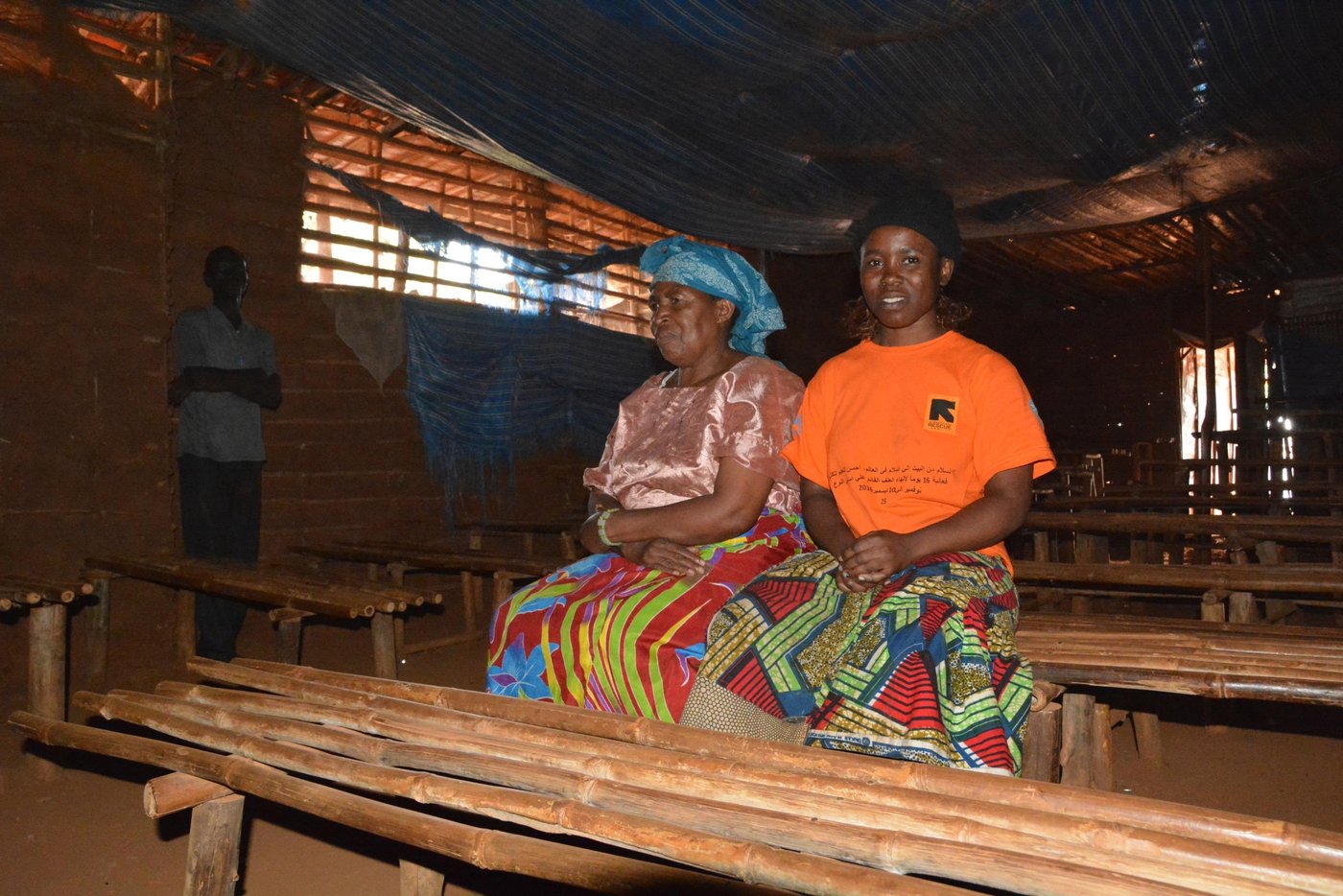
“When we crossed the border, we had nothing. We were simply lucky to have escaped.” Emmanuel of the Democratic Republic of Congo is 22. He and his mother arrived Ethiopia in 2007. As we are walking and talking, Emmanuel is propelling himself on crutches. His injury tells the story of why he had to flee from DR Congo.
“As a teenager, I was severely beaten by men that belonged to another ethnic group. There was a lot of violence in Congo.” He looks down at his damaged leg. “The doctors tried to fix it, but my muscles are now permanently cut.”
He is one of over 900,000 refugees in Ethiopia, and lives in Sherkole refugee camp, the oldest displacement camp in the Assosa region, established in 1997. Most of its 11.800 residents are Sudanese or South Sudanese, but about two hundred families are from DR Congo.
An ambitious man
Emmanuel’s handicap does not stop him from moving forward. Thanks to the Norwegian Refugee Council (NRC), he received vocational training in hairdressing. However, there were not enough jobs around when he graduated, and Emanuel chose to continue his education instead. His grades were so good that NRC eventually employed him as a social worker.
Emmanuel’s English is very good, and he is great with people. He speaks Suaheli, Kingeruanda, a bit of French and is trying to learn Arabic. He is now in charge of supporting and supervising small business activities. In addition, he acts as an interpreter and facilitator for NRC. He will soon graduate from secondary school and is proud of what he has achieved. When asked what he wants to do next, Emmanuel answers: “If possible, I want to continue my education and move on from here.”

The teenager and her entertainment enterprise
Other refugees from DR Congo take a more practical approach. Kavira is only 19, but the young woman is already managing an entertainment enterprise. NRC originally supported her mother’s baking business, where four members of a small cooperative received 1.500 birr (roughly 54 US dollars) each, 6.000 in total.
When the baking business ran out of steam, Kavira’s mother decided to start a family restaurant instead. Her food turned out to be so popular that the restaurant started to serve meals whenever there were trainings and bigger events at Sherkole camp. The money earned from this business did spark the family’s next venture: a cinema. A brilliant idea in a place where people have only one thing in abundance: time.
Entering through a maze of shacks, the rectangular room with its dirt floor is swept spotless. Streaks of daylight seep in through the wooden walls. Kavira’s cinema screen consists of a large TV and fifteen bamboo benches slowly rising towards the back of the room, creating a comfortable viewing experience for around 50 to 60 spectators. “We show action movies mostly, also some romantic ones”, explains Kavira, who in addition runs a gaming station in a separate little room.
Electricity for their devices comes from solar panels. When the weather is rainy, she could wish for a generator. Otherwise, Kavira is proud of and happy with her line of work. Her mother, the recipient of the original seed money, left Sherkole camp a while ago.
Her daughter now runs the movie theatre together with other family members.

